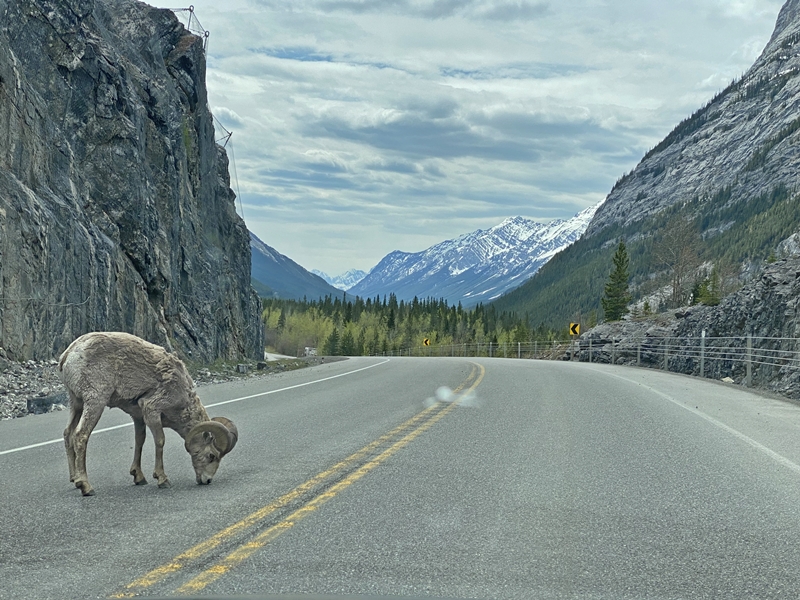Jesus was led by the Spirit out into the wilderness to be tempted by the devil (Mt 4:1)
The original meaning of ‘temptation’, it seems, is simply to ‘try something out, to see what it’s like’. How else do we learn? Can we blame Eve for trying out the forbidden fruit? Who tells us what is forbidden and what is allowed? God or our image of God?
What if we were never to do what is forbidden? Would we ever grow up, our eyes opened to the difference between good and evil, real and unreal, so that we know the difference for ourselves? The devil is the master of division and doubt and so there is no end to questions when we enter into temptation. We question the motivation behind what is prohibited and we question our own motivation in risking disobedience. We pray not to be tempted. But we are also drawn to temptation because it tests and teaches us where we are truly prudent and strong and where we are merely frightened and weak.
The desert is a place without trees, the tree of life or the tree of the knowledge of good and evil which the Bible says are at the innocent centre of the garden of Eden. But these alluring trees are outside us, separate from us and so we feel we are being tempted by some outside force. As a child I was fascinated by cartoons in my religion book of a good angel telling me ‘don’t’ and a bad angel ,on the other side, urging me to ‘go on, you goody-goody do it’. The duality of it all seemed very simple but in fact it was deceptive.
I once crossed the Australian Nullarbor Plain by train for three days. As the name suggests, it was a treeless desert which I thought would be intolerably dull to look at for so long. No beautiful views, lovely coastlines or rolling hills. I soon discovered, though, how varied and subtly beautiful it was in its endless radical simplicity. It was in fact surprisingly beautiful. Jesus fasted for forty days in such a desert as his mind ran out of memories and his desires were uprooted and he was left facing the root division in every mind.
This was just what the Spirit – which is nondual and simple, beyond questions and doubts – had led him into the desert for. Now with an empty mind he was ready. Being mindless in this way is further along the way to selfhood than being mindful. We are not looking at things and merely desiring or resisting because we are looking at nothing. External temptations – not just the sensual but the ego-sensual things like power, fame and wealth in their many forms – keep us locked into the devilish world-view of division. In the beautiful bare-ness of the treeless desert, when the mind is undistracted, we meet the root cause of temptation in our divided self. (Will we ever know how it became divided from itself except through a myth of creation?)
Strengthened by his fasting from thought and imagination, not weakened by it, Jesus has no problem in sweeping away the last remaining illusions of power, desire and the final illusion of the devil’s independent existence. Free, one in himself and one with all, like the desert monks after him, he returned to the world knowing what he was called to do and then discover in the end who he truly was.





